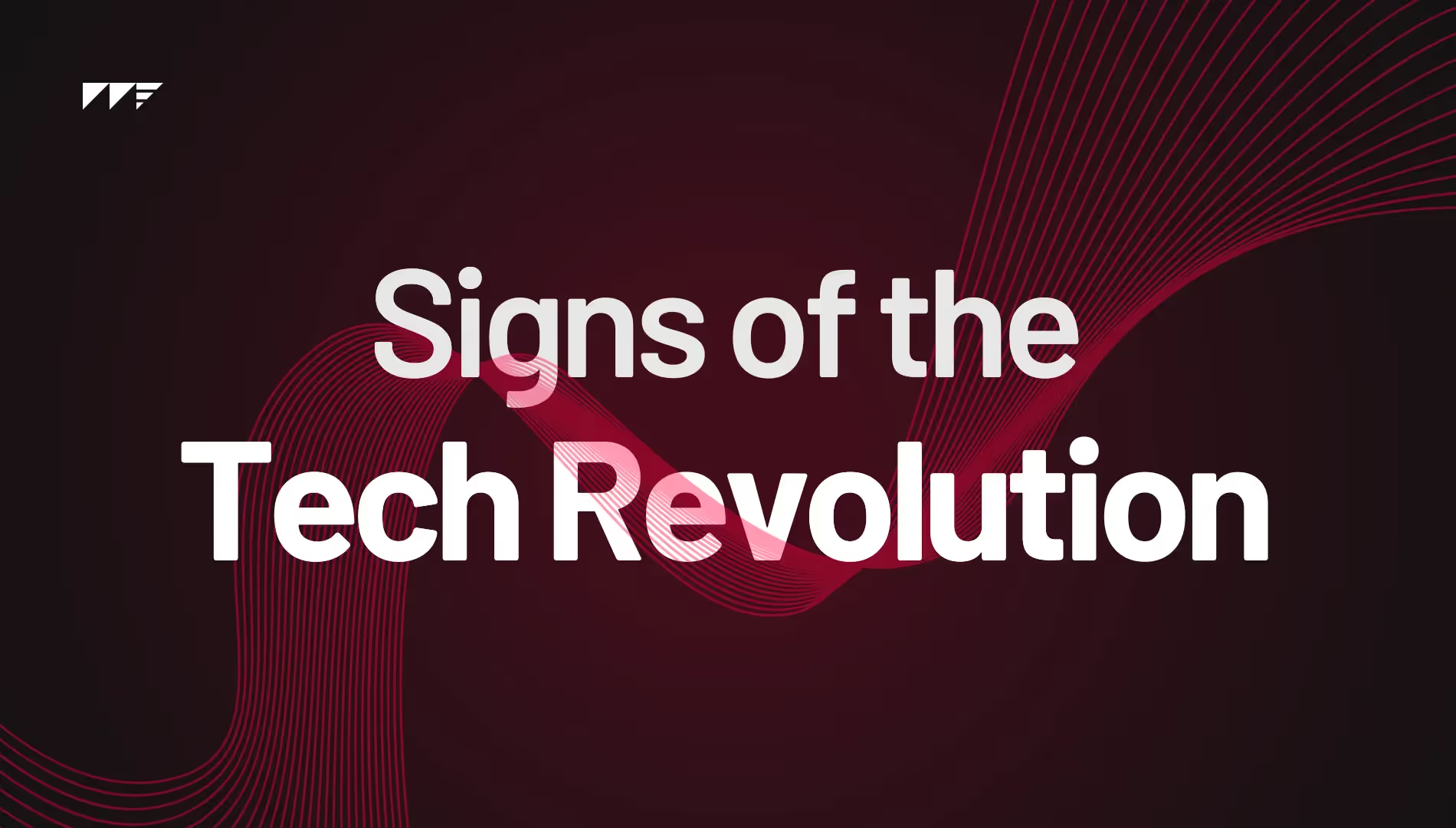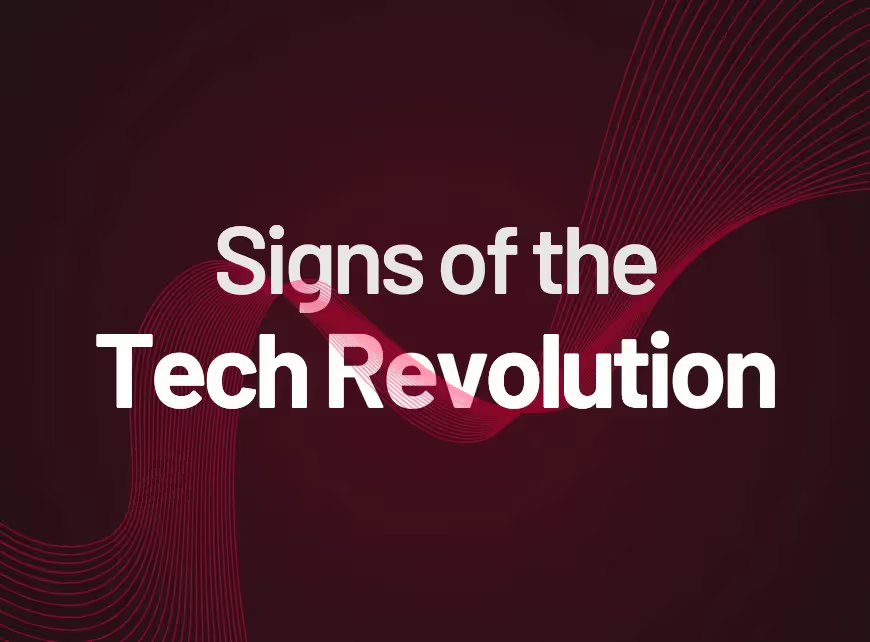Newsletter: Signs of the Tech Revolution #47

Bank of America has revealed that its long-term strategy has already enabled a 90,000-person reduction in its workforce, while Goldman Sachs is now piloting its first autonomous AI coder. The push for full automation is here.
But this relentless drive for efficiency is colliding with a harsh reality. A new study found that when experienced developers used AI assistants, their productivity didn't just fail to improve, but it decreased by 19%, even as they felt more productive.
While we are engineering a fully autonomous future and giving AI agents control of our computers, we are also discovering that these tools can make us worse at our jobs. The vision of a hyper-efficient future is being challenged by the complex, often counterintuitive, results on the ground.
Let’s dive in and explore these topics.
News #1: Apple's New AI Sees What Your Body Is Doing
A new study backed by Apple reveals a significant breakthrough in health monitoring that could redefine the value of data from wearables. Researchers have developed a new foundation model, WBM (Wearable Behavior Model), that has proven to be more accurate at predicting certain health conditions by analyzing your behavior—like sleep patterns and walking stability—rather than just raw biometric data like heart rate.
For leaders in health, tech, and insurance, this represents a pivotal change. Instead of relying on noisy, second-by-second sensor readings, Apple's new model is trained on higher-level, human-interpretable metrics collected over weeks and months. This approach proved remarkably effective; it outperformed traditional sensor-based models in detecting dynamic health states like pregnancy, sleep quality, and respiratory infections.
The model was trained on a dataset of over 2.5 billion hours of wearable data from more than 160,000 people, signaling a serious and large-scale investment in this new approach.
The next generation of health AI will understand not just how your body is functioning at a single moment, but how your life's patterns are shaping your long-term health.
News #2: The Autonomous Farm Is No Longer a Concept
The long-promised revolution in agriculture is arriving. Driven by rapid advances in AI, robotics, and sensor technology, the fully autonomous farm—a complex, self-running operation with minimal human input—is moving from prototype to commercial reality. For leaders in technology, agriculture, and logistics, this signals one of the most significant transformations of a foundational industry in a century.
The vision, much of which is already being deployed, is a farm that operates like a single, intelligent organism. Autonomous tractors and drones, guided by AI, will till, plant, and harvest, making minute-by-minute adjustments based on real-time data.
Fleets of robots will handle laborious tasks like weeding and even the delicate work of picking fruits like strawberries and grapes, running 24/7. Companies like Deere & Co. are already deploying "See & Spray" technology that uses computer vision to reduce herbicide use by up to two-thirds.
A network of sensors, drones, and satellites will create "digital twins" of fields, allowing for unprecedented precision in irrigation and fertilization, optimizing every seed and drop of water. Even livestock management is being automated with "virtual fences."
This transformation is not about eliminating farmers but fundamentally changing their role. The future farmer will shift from manual labor to becoming a high-level manager, overseeing a dashboard of interconnected systems and making strategic decisions. As one fifth-generation farmer and software engineer noted, he now spends his time in the tractor cab on Zoom calls, not steering.
Download Our New Ebook
With “Maxima Consulting’s Expert Guide to Building Global Teams,” you will learn how to leverage the international talent pool of experts, and explore inspirational examples for successful management of a global workforce.
News #3: Bank of America Reveals the Endgame for AI
While many companies are still in the experimental phase, Bank of America is showcasing the long-term payoff of a mature AI strategy, and it involves a significantly leaner workforce.
In its latest earnings call, the company detailed how its "relentless application" of technology, including AI, has been a key driver in reducing its overall headcount by nearly 90,000 employees (from 300,000 to 212,000) over the past 15 years.
The most dramatic example is in its consumer banking division, where the workforce was nearly cut in half (from 100,000 to 53,000) while deposits more than doubled to over $900 billion.
All this is the result of years of investment in modernizing IT infrastructure and data operations. Today, their AI ecosystem is deeply integrated:
- All 210,000+ employees use an internal generative AI assistant for administrative tasks.
- All 17,000 software developers have been equipped with automated AI coding tools.
- The bank holds 1,400 AI patents and has created over 250 internal AI models.
Bank of America's journey is a preview of a massive industry-wide shift. Two-thirds of financial services firms are now implementing AI across multiple departments.
Other News
- Over 60% of managers now use AI for decisions like promoting and firing. - Read more
- Developers felt 20% more productive with AI, but a new study found a 19% decrease. - Read more
- Lonely children and teens are replacing real-life friendship with AI, and experts are worried. - Read more
- Goldman Sachs is piloting its first autonomous AI coder in a milestone for Wall Street. - Read more
- Over half of retail organizations have increased their generative AI investments this year. - Read more
- The CEO of SAP outlines his strategy for combining cloud, data, and AI. - Read more
- Blocking mobile internet on smartphones improves attention and mental health, a study finds. - Read more
- Gartner projects global IT spending will increase by nearly 8% to $5.4 trillion in 2025. - Read more
- Google Cloud has signed an agreement with the UK government to reduce legacy tech. - Read more
- Google Cloud is pouring more than $25 billion into its domestic AI infrastructure. - Read more
- OpenAI’s new ChatGPT Agent can now control an entire computer to do tasks for you. - Read more
- A new report details the growing 'civil war' inside Hollywood over the use of AI. - Read more
- In a rare move, rival scientists from OpenAI, Google, and Meta issue a joint safety warning. - Read more
About Maxima Consulting
Maxima Consulting supports businesses in getting the most out of their technology and workforce investments through a strategic approach and continuous optimization. We empower our partners to tap into vast global talent pools and consistently deliver projects on time and within budget.
Trusted by leading finance institutions, logistics providers, innovative engineering companies, and other organizations across many industries, we make the technology drive our partners’ business goals.
Curious to see how Maxima Consulting can help you get the most out of your tech investments?
Meet with one of our consultants to see how we can help.




